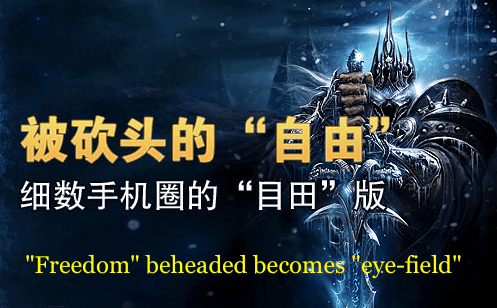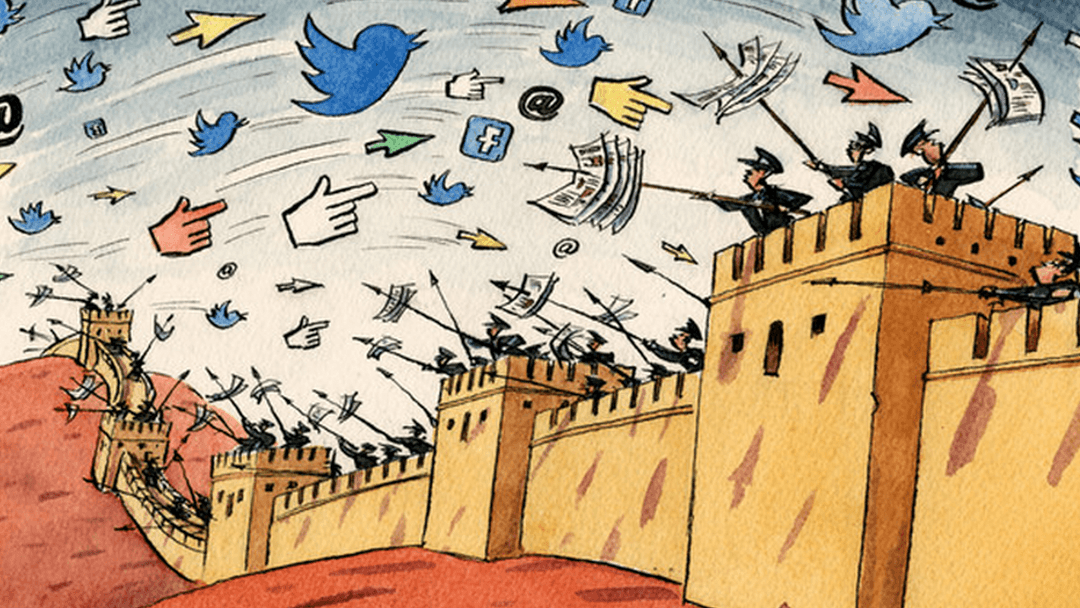What do June 4, Falun Gong, and despotism have in common?
They’re all terms censored by the Chinese regime. As Internet use proliferates in China, so too does the internet blockade erected to obstruct the free flow of information.
June 4, 1989 is the date of the bloody Tiananmen Square Massacre, when authorities killed hundreds if not thousands of student protesters and violently suppressed thousands more. As a result, any combination of 6, 4, and 89 is blocked.
The term “Falun Gong” refers to the peaceful self-cultivation and meditation practice that was banned in 1999 following the launch of a nationwide persecution against the practice and its believers. And despotism was placed on the blacklist so that people in Chinese would not be able to criticize the regime with the term.
The regime’s censorship mechanism reaches all areas of the Internet: from Western news sources like BBC and Voice of America, to websites and search terms related to Tibetans, Falun Gong practitioners, or other persecuted groups, to any other material deemed sensitive or dangerous to the communist regime.
Chinese netizens have therefore turned to more creative measures to communicate on the internet and criticize government policies, since any word or phrase remotely resembling dissident speech unsettles the authorities and finds itself on the list of censored content.
Below are some of the ingenious code words, homonyms, and purposeful misnomers, obtained from a comprehensive list by China Digital Times, that Chinese netizens use to avoid censorship on the Internet.
1. Eye-Field (目田-mù tián)
Code words for: Freedom (自由-zìyóu)
Explanation: Since the word freedom (自由 zìyóu) is censored, Chinese netizens used “eye-field,” which in Chinese looks like the characters for freedom minus the topmost portion (目田 vs. 自由). It was invented back in 2010, when World of Warcraft players in China realized many words were blocked in the latest version of the game. For some it looks like gibberish, but for those who know the meaning, it is a veiled jab at the Chinese regime.






